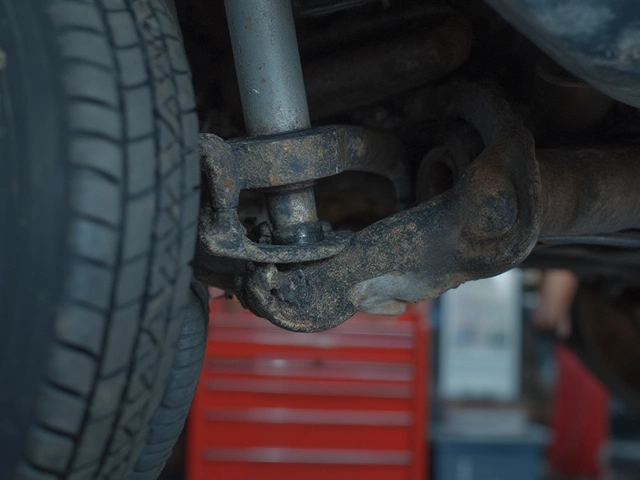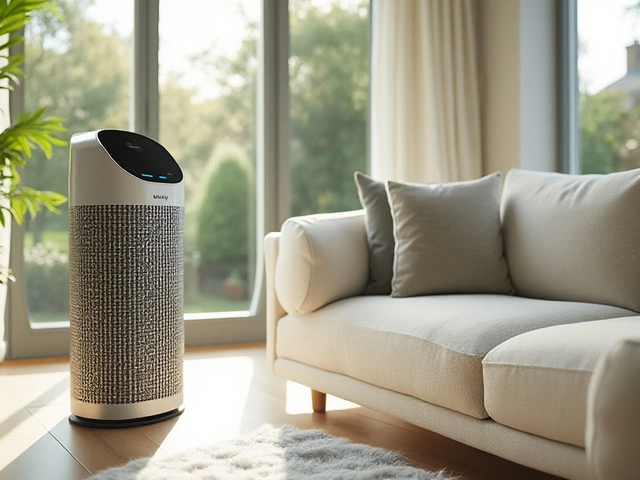Engine Damage: Common Causes and Simple Ways to Protect Your Car
If your engine starts making strange noises, losing power, or guzzling fuel, you might be heading toward costly repairs. The good news is most engine damage can be stopped early with the right habits. Below we break down the everyday things that hurt your engine and what you can do right now to keep it running smooth.
Common Culprits of Engine Damage
One of the biggest offenders is a clogged or low‑quality air filter. When dirty air gets into the combustion chamber, it scrapes the cylinder walls and forces the engine to work harder. Upgrading to a premium filter can help, but even a regular filter changed on schedule does the trick.
Bad spark plugs are another silent destroyer. Worn plugs cause misfires, lower fuel efficiency, and can overheat the engine. If you notice rough idle or a lack of power, check the plug gap and replace them before they wear out completely.
The fuel pump is often overlooked. A weak pump can starve the engine of fuel, leading to lean running conditions that heat up the cylinders. Listening for a whining noise from the rear of the car or noticing hard starts are signs the pump needs testing.
Overheating is the classic engine killer. Low coolant, a failing radiator, or a stuck thermostat can push temperatures beyond safe limits. When the temperature gauge spikes, pull over, let the engine cool, and check the coolant level.
Finally, aggressive driving habits—like constantly revving high or ignoring warning lights—add unnecessary stress. Each time you push the rev limiter, you increase wear on pistons and bearings.
Practical Steps to Prevent Engine Damage
Start with a regular maintenance calendar. Change the oil and filter every 5,000‑7,500 miles, and top up coolant every three months. Fresh oil lubricates moving parts and carries away heat.
Inspect and replace air filters at least once a year, or sooner if you drive on dusty roads. A clean filter improves airflow and protects internal surfaces.
Check spark plugs every 30,000 miles. Look for carbon buildup, cracked insulators, or worn electrodes. Swapping them out early saves you from misfires and engine knock.
Test the fuel pump if you notice sluggish acceleration or occasional stalling. A simple pressure test can tell you if the pump is still delivering the right flow.
Keep an eye on the temperature gauge. If it climbs quickly after a short drive, inspect the radiator hoses for leaks and make sure the fan engages.
Drive gently. Avoid hard launches, and shift gears smoothly in manual cars. Let the engine warm up for a minute before demanding performance.
Finally, trust your instincts. If something feels off—odd sounds, loss of power, or strange smells—don’t wait. Bring the car to a trusted garage like Northwich Tyres Centre for a quick check. Early diagnosis often means a cheap fix instead of a full rebuild.
By staying on top of these simple checks, you’ll keep your engine healthy, your fuel bills low, and avoid pricey repairs down the road.
 23 October 2025
23 October 2025
Engine Oil Change Neglect: Key Symptoms Your Car Shows
Learn the warning signs of overdue oil changes, from early dashboard alerts to severe engine damage, and discover how to protect your car and avoid costly repairs.
 4 June 2025
4 June 2025
Will Muffler Delete Hurt Engine? Real Facts You Need to Know
Wondering if a muffler delete can damage your engine? This article breaks down how removing the muffler really affects your car. You'll learn what happens to power, noise, and emissions, plus tips based on real-world experience. No complicated jargon—just straightforward answers to help you decide what's right for your ride. Get the facts before grabbing that wrench.
Tags
- car maintenance
- engine oil
- spark plugs
- brake pads
- engine performance
- vehicle maintenance
- spark plug replacement
- windshield wipers
- fuel pump
- suspension parts
- clutch replacement
- clutch kit
- car performance
- oil change
- air filters
- car suspension
- car radiator
- exhaust systems
- engine misfire
- fuel pump failure






0